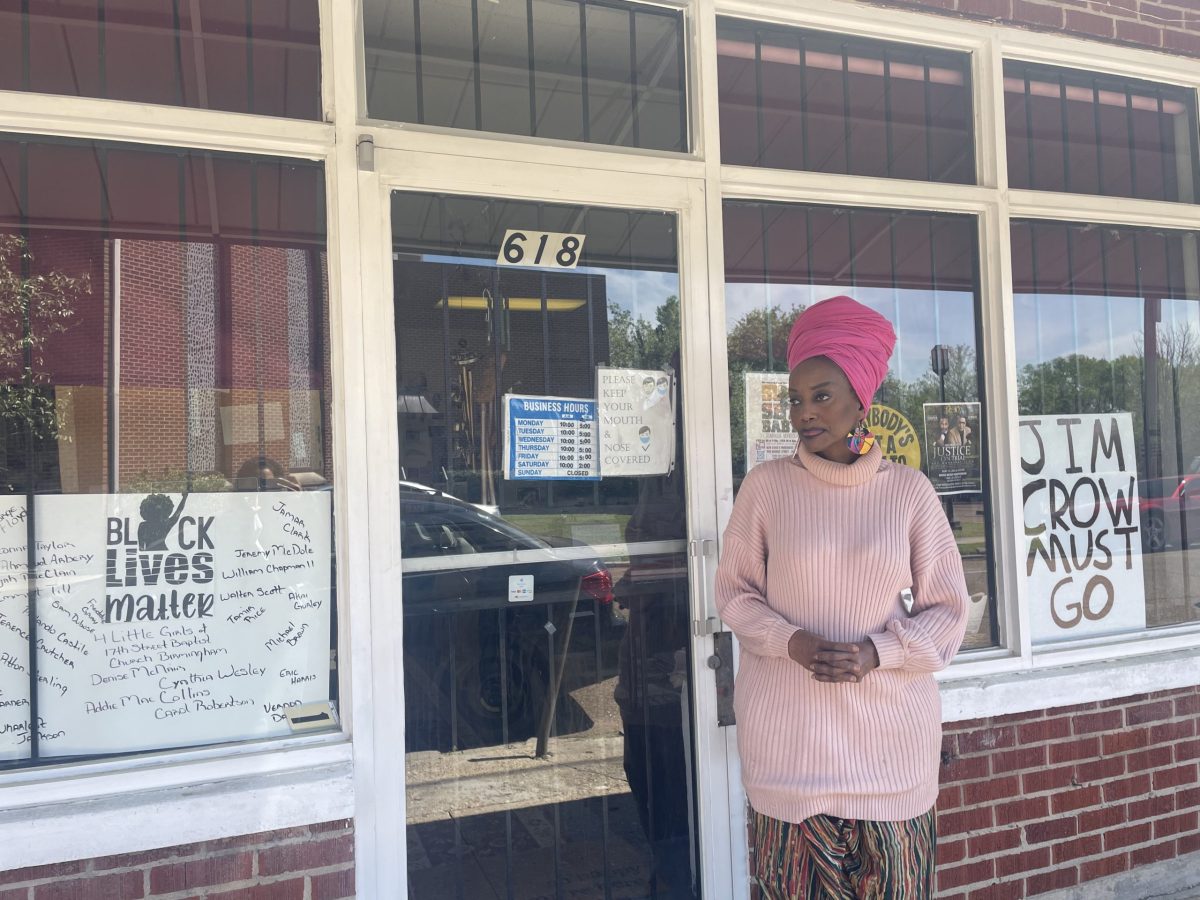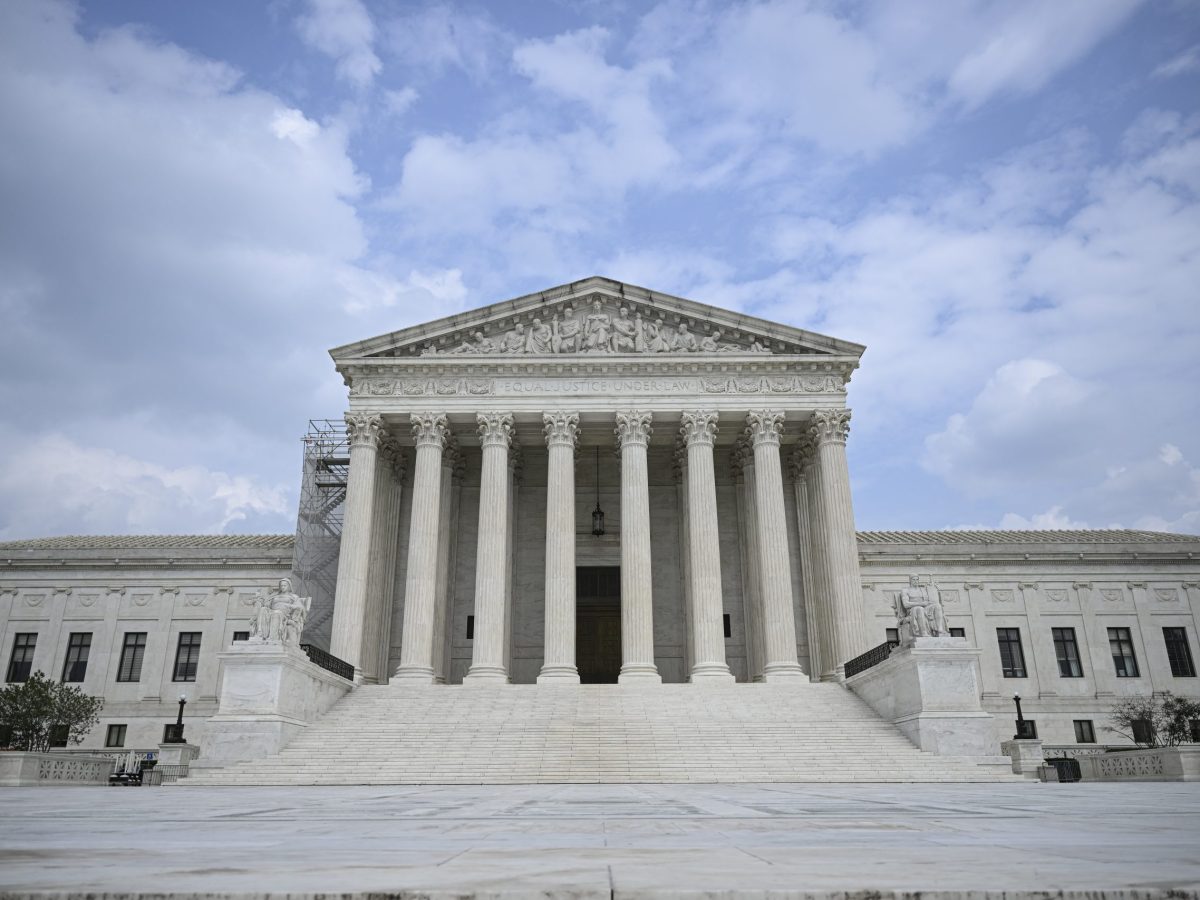When he heard the news of a shooting at his old high school, Endi Montalvo-Martinez fell into a panic. Montalvo-Martinez has a cousin who attends Des Moines’ East High and an aunt who works as a paraprofessional there.
His relatives were unharmed, but it wasn’t a victimless crime.
The incident marked the first fatal school shooting in the district’s history and reignited debate over the need for police officers on campus.
Police say six teenagers fired dozens of shots onto school property during a March 7 drive-by shooting, killing a 15-year-old boy, the intended target, and critically wounding two East High students who were bystanders.
The 15-year-old, a former Des Moines school student, was no longer enrolled in the district. It is not clear why he was on campus that day.
In September, Public Integrity wrote about the Des Moines school district’s decision to remove resource officers from schools as part of our Criminalizing Kids series, which scrutinized the use of law enforcement and courts as a response to children’s conduct at school. The district replaced officers with safety coordinators, unarmed campus monitors, and restoration facilitators, which are staff who help students develop conflict resolution skills.
Montalvo-Martinez, an Iowa State University freshman, helped lead the campaign to remove officers from school during his senior year at East High.
Non-white students and children with disabilities in the Des Moines schools are referred to law enforcement at rates much higher than their share of the student population, federal data show. An internal data review by the district found that Black students in the district were arrested at nearly six times the rate of white students.
“I personally did not have a traumatizing experience with an SRO but a lot of my friends have,” Montalvo-Martinez said. “Having an SRO present doesn’t really create a healthy learning environment.”
In interviews with Public Integrity last year, students in Denver and Milwaukee shared similar sentiments. The two school districts removed resource officers from schools but opted to rely heavily on law enforcement presence or beefed-up school security forces.
In response to the recent shooting, Des Moines school leaders announced that security staff and city police officers would increase patrols at district high schools and in the surrounding neighborhoods.
Thus far, there are no plans to bring officers back into schools.
“The easy path is to bring back the police officers,” said Joe Enriquez Henry, state political director for the League of United Latin American Citizens of Iowa. “We need counselors and mental health professionals.”
Petitions demanding the return of resource officers to Des Moines’ schools are circulating in the district. School board member Maria Alonzo-Diaz is not sure that’s the best approach.
“Parents have said: ‘I would feel a lot better if we had the police back in the schools,” Alonzo-Diaz said. “We have to think about education and what our goal is for our kids. What impact does it have on our kids and what is it that our kids are saying? My intent is certainly not to question or shame a parent for wanting SROs back in school, but we don’t often think about education from the perspective of a child.”
In a survey conducted during the winter of 2021 before the recent shooting, about 38% of high school students indicated that it was helpful to have a resource officer at their school.
The Des Moines Police Department did not respond to requests for comment.
In the days after the shooting, Montalvo and current East High student Lyrics Sellers worked with the Des Moines Black Liberation Movement to write a statement challenging an emerging narrative that school resource officers would have prevented the deadly shooting.
Recent research does not show that police presence in schools prevents school shootings or gun-related incidents.
“Thinking that SROs prevent or resolve conflict is not true. Their only role is to criminalize students,” Montalvo-Martinez said.
“If the decision is made to bring them back and they see that it doesn’t really resolve the conflict that they were seeing, then that’s when an honest conversation as to how to better assess the situation, how to better prevent acts of violence, will happen.”







